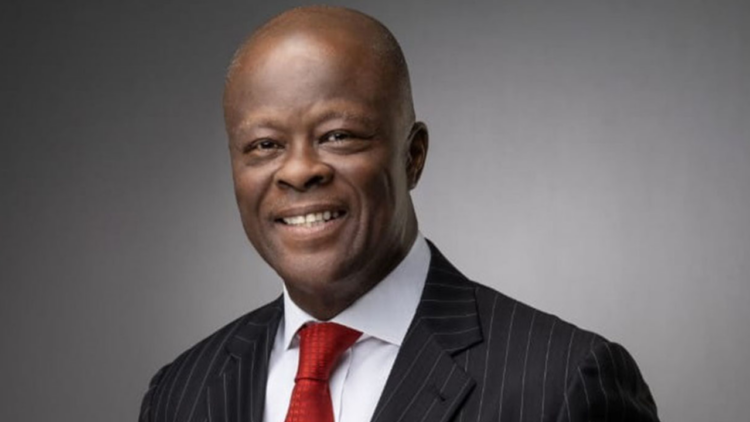
Wale Edun
Wale Edun projects $13.3bn annual earnings for Nigeria through National Asset Register
The Minister of Finance and Coordinating Minister of the Economy, Mr Wale Edun, has unveiled the potential for Nigeria to amass over $13.3 billion in annual revenue by establishing a national asset register.
Edun made this known during the Afrinvest 2023 Nigerian Banking Sector Report launch in Lagos.
During the event, Edun outlined the substantial financial prospects tied to creating a comprehensive national asset register for the country.
He emphasised that Nigeria’s Gross Domestic Product (GDP), standing at $450 billion, could translate into an additional revenue stream of $13.3 billion annually through the proposed asset register.
Highlighting the tangible benefits of the initiative, Edun underscored the significance of effectively managing the nation’s resources and assets.
He urged collaborative efforts between the government and stakeholders to craft proposals to optimise these assets, fostering increased revenue generation.
The minister particularly drew attention to underutilised real estate holdings within and beyond Nigeria’s borders, which currently fail to contribute to national revenue.
Additionally, he pointed out longstanding underperformance in the oil and gas sector, where certain license holders need to invest in asset development despite expressions of interest from potential investors.
Edun stressed the urgent need to reassess and strategise on maximising the potential of these assets to unlock substantial value for the nation. He emphasised the cost-effectiveness of such asset optimisation compared to relying extensively on external financial borrowings.
His words: “So the message I leave with you today is, yes, we may have headwinds, we may have challenges, but I believe that if we manage our resources, our assets better by joining hands with the government to come up with proposals, we will get out of it.
“We have significant real estate assets both at home and abroad that are not yielding any revenues for us. That has to change. We have oil and gas assets that have been performing sub-optimal for decades, and licences were given to people 10 to 15 years ago, but they have not invested a single dime in developing those assets.
“Whereas you have other investors that are looking to invest in those assets. We need to go back and determine how best to optimise those assets to deliver value for us. It will be cheaper for us to do that than relying on external borrowings.”
Inflation: Sanusi condemns CBN’s excessive lending to FG
Muhammad Sanusi II, former Governor of the Central Bank of Nigeria (CBN), has highlighted the impact of the CBN’s lending to the Federal Government under the administration of former President Muhammadu Buhari.
Sanusi suggested that such financial activities, executed through Ways and Means, contributed to Nigeria’s inflationary pressures and the Naira’s depreciation.
Speaking at the MTN Capital Markets Day, Sanusi raised significant concerns about the aggressive lending practices employed by the CBN, explicitly citing the consequences of lending to the Federal Government via Ways and Means.
He underscored that the transactions drove inflation and weakened the Naira, affecting the country’s economic stability.
Sanusi highlighted the CBN’s recent commitment to robust monetary tightening measures, evident in using various liquidity control instruments like open market operations (OMO), Open buyback (OBB) rates, and the maintenance of high Treasury bill rates.
He interpreted these actions as indications of the CBN’s dedication to maintaining financial system stability and controlling inflation amidst economic challenges.
The former CBN governor emphasized the substantial expansion of the central bank’s balance sheet over eight years through Ways and Means, pinpointing this expansion as a critical contributor to inflation and currency devaluation.
While acknowledging the CBN’s ability to employ diverse instruments to reduce excess money circulation, Sanusi stressed the importance of doing so in a manner that minimizes costs for both the central bank and the government’s balance sheet.
He advocated a greater reliance on non-conventional instruments to achieve these objectives effectively.
Sanusi observed recent signs of the CBN’s heightened efforts in tightening monetary policy, noting the gradual alignment of OBB rates towards appropriate levels.
He urged patience, suggesting that the impacts of these new monetary policies might take time to materialize.
Expressing short-term optimism, Sanusi commended the CBN’s current actions in tightening monetary policy, addressing market backlogs, and endeavouring to fund the market. He said the measures could potentially lead to stability in the near term.
“For the short term, I don’t think we have a problem. I think the central bank is doing the right thing – tightening money, clearing the backlog, trying to fund the market, and I think we will have stability,” he stated.
